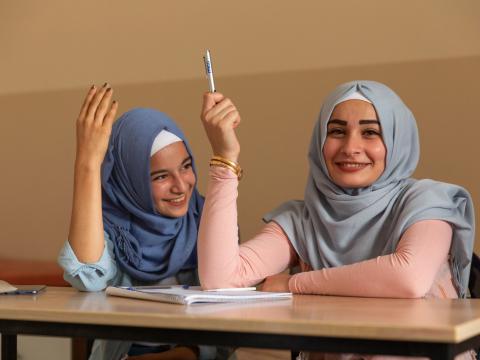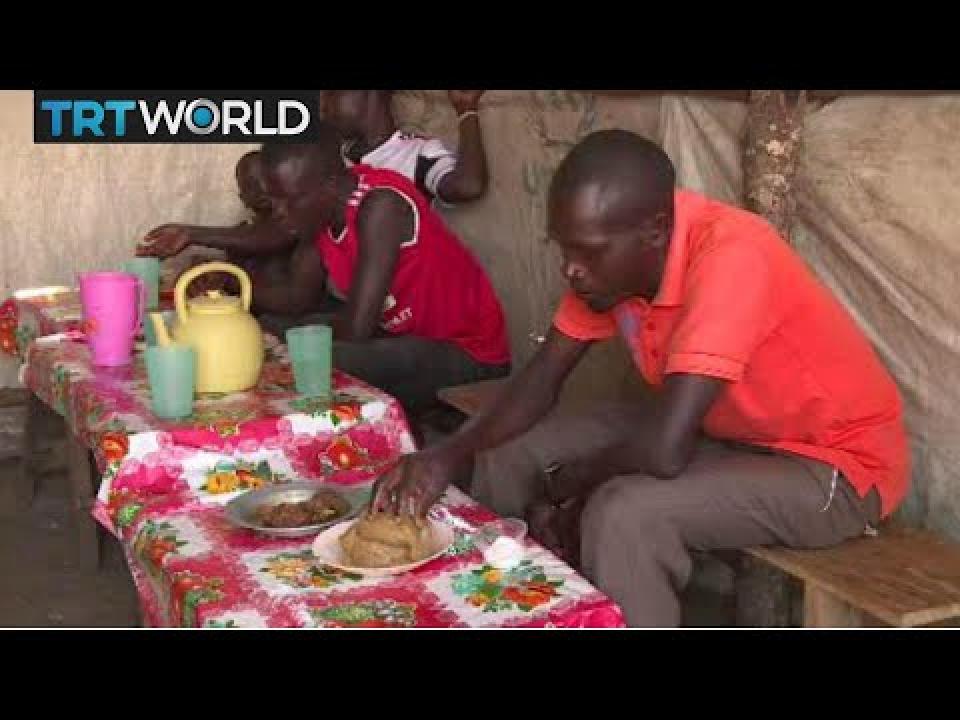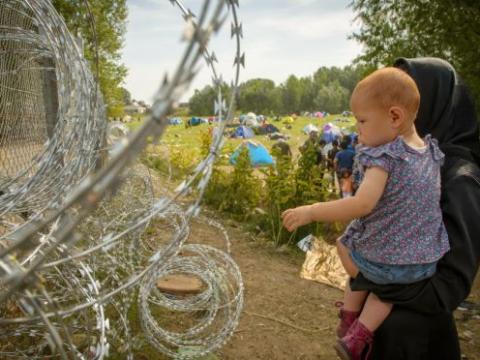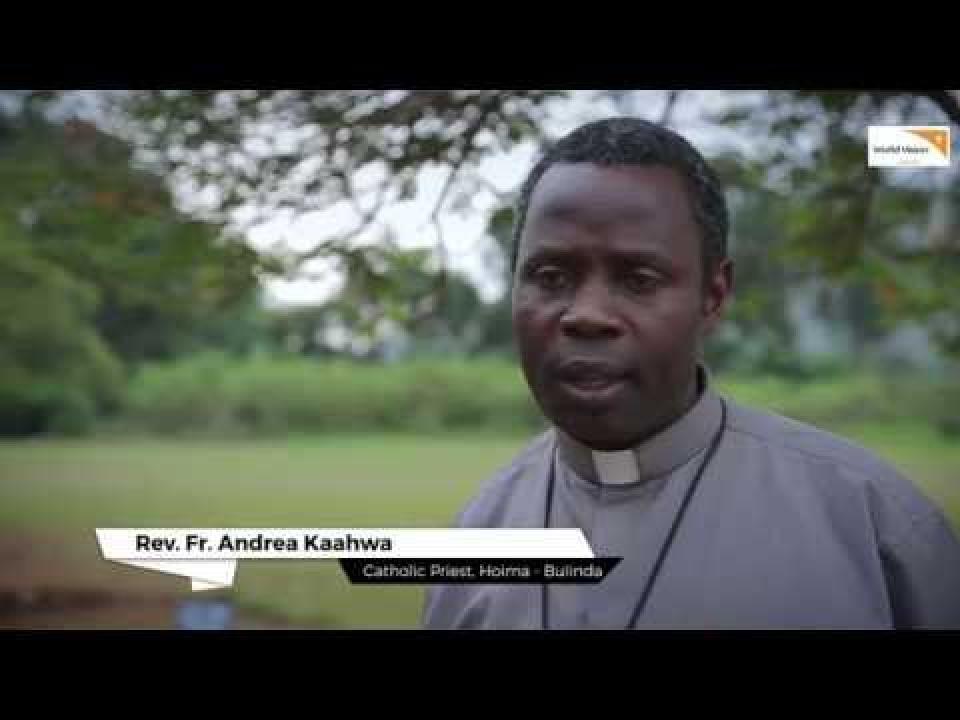
What can people of faith offer children forced to flee?
Our world is facing a migration crisis. More than 70.8 million people around the globe are facing displacement. Nearly half are considered children on the move—refugees, migrants or internally displaced.
These children leave their homes, sometimes alone, fleeing violence, war and fragility. They arrive at their destinations seeking safety, familiarity and hope after a journey filled with trauma, violence and loss. They arrive hoping to be welcomed.
Offering welcome
This is why faith communities are crucial in the response to the migration crisis. The world’s major religions all have teachings and history of welcoming the stranger, a concept at the heart of the 2013 document Welcoming the Stranger: Affirmations for Faith Leaders. It was drafted, after a request from UNCHR, by leading faith-based humanitarian organisations and academic institutions. The aim was that faith groups around the world would use the Affirmations and supporting resources as practical tools to foster support for refugees and other displaced people in their communities.
Welcome is vital to World Vision’s ministry. As Christians, we respond to the biblical call in Matthew 25:35, ‘For I was hungry and you gave me something to eat, I was thirsty and you gave me something to drink, I was a stranger and you invited me in…’ This drives us to deepen our commitment to the world’s most vulnerable children, including the refugee, the migrant and the internally displaced person.
Offering solutions
Recognising we can have more impact when working with others, World Vision joined a coalition of faith-inspired organisations intent on ending violence against children on the move: Faith Action for Children on the Move.
In 2018, the coalition developed a global action plan that focused on four main pillars:
- Strengthening the continuum of care for child protection
- Spiritual support as a source of healing and resilience
- Building peaceful societies and opposing xenophobia, racism and discrimination
- Working together
With these pillars we recognise that the call to welcome the stranger goes beyond hospitality to effective, sustainable solutions. Faith actors are effective responders in this crisis. In fact, they are often the first responders for children in humanitarian crisis and they provide the essential care support necessary to help children on the move. In Lebanon World Vision works with 17 local faith partners involved in everything from food assistance to education support, youth-based reconciliation work and trauma counselling.
Offering promises
Now in the days ahead of the Global Refugee Forum at the United Nations in Geneva, World Vision and the Faith Action for Children on the Move Coalition are supporting and advocating for children, and for the role of faith actors as essential members of the international community’s efforts to serve refugee children. In an effort to do this the coalition has developed a set of pledges to commit to at the Global Refugee Forum which include enhancing capacity of local faith actors to respond to refugee children’s needs, to develop modules on appropriate spiritual and psychosocial support, to protect and support children on the move, particularly unaccompanied minors and to work to combat xenophobia.
We commit to watching for and sharing ideas that work with other faith actors, governments and institutions, so together we can make the world better for refugee children.
To learn more about Faith Action for Children on the Move and its Global Refugee Forum Pledge visit https://www.wvi.org/faithactionatGRF



